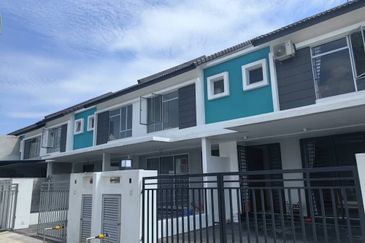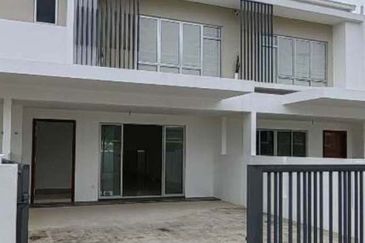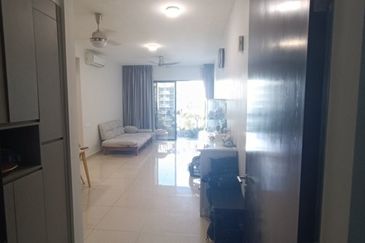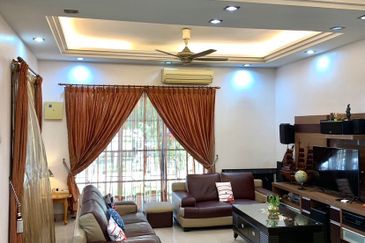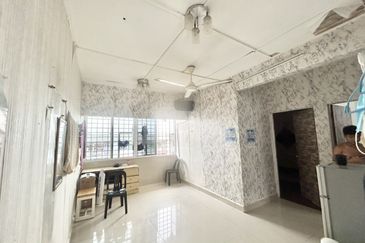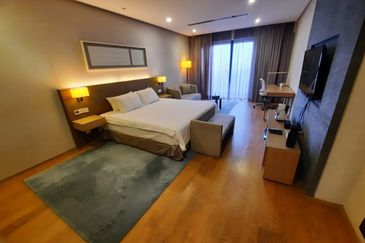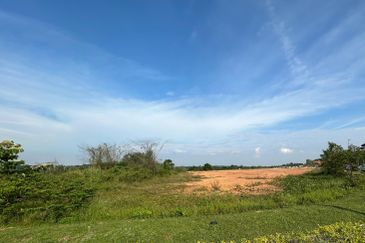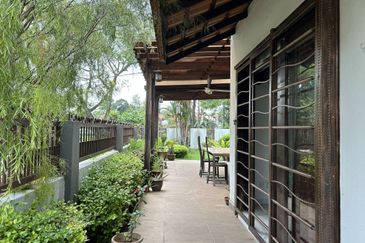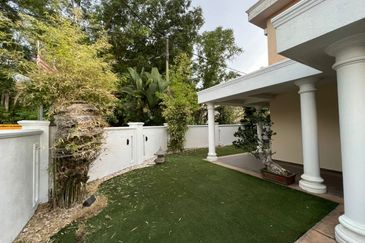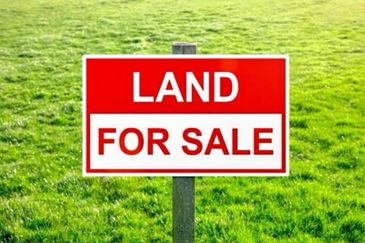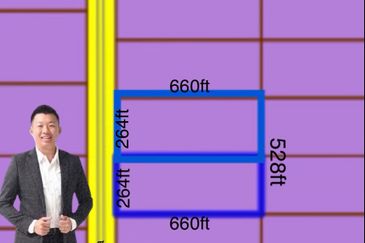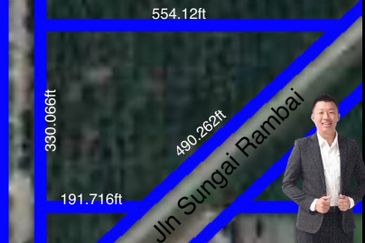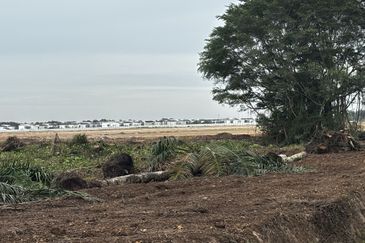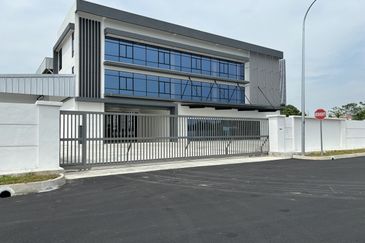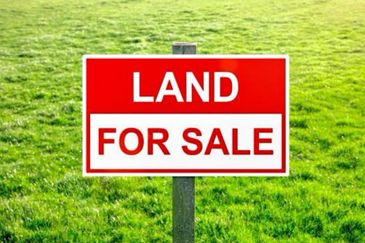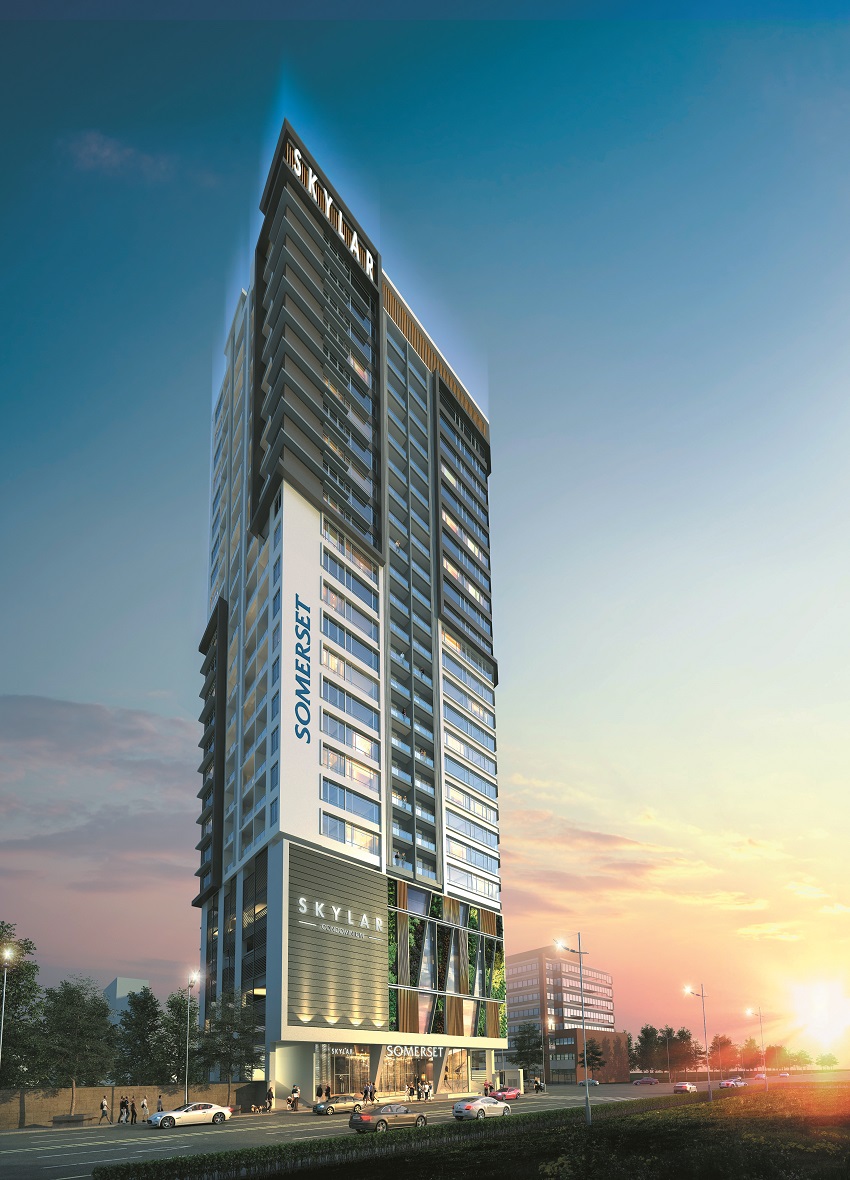
CAMBODIA has long been a popular tourist destination, known for its historical attractions such as Angkor Wat. The country has, in recent years, become increasingly visible on investors’ radar, including its property market.
As incomes rise, demand for better and more modern housing has increased. Tapping into this demand is Meridian International Holding (Cambodia) Ltd with its upscale high-rise residence, Skylar Meridian in Phnom Penh. Meridian International was founded and is currently helmed by CEO Ko Sek Yan, who hails from Hong Kong. Aside from Hong Kong, the shareholders of the company are from China, Germany and Cambodia.
According to Meridian International spokesman and co-founder Salomon Wolf, the group entered Cambodia’s real estate market in 2010.
“Our first real estate project was building an industrial estate to meet the demand of Asian industries moving a large proportion of their production to Cambodia. The industrial estate is fully leased. Our next project was Casa Meridian, a residential condominium project on Phnom Penh’s Diamond Island,” says Wolf.
Wolf describes Skylar Meridian as a luxury residential development in a centrally located yet quiet residential district.
“It is located on a cul-de-sac off of Norodom Boulevard. Our concept is affordable luxury in a great location. The development also features a serviced residence, Somerset Norodom, to be managed by Singapore’s Ascott Group,” says Wolf in an email interview.
Ascott Group is owned by Singapore’s CapitaLand Ltd. It operates more than 13,000 serviced residential units in 74 properties in nine countries.
The 28-storey development will have a total of 280 units and Somerset Norodom will take up nine floors. The remainder will be residential condos. The Ascott Group will manage the common areas of the entire development.
The freehold development will offer studios and 1- and 2-bedroom units, with gross built-ups of 28 sq m to 95 sq m. The units are selling from US$89,000 (RM384,095) to US$301,000.
The facilities include an infinity sky pool, Sky Café, Sky Fitness, and a mini rooftop garden. There will also be 24-hour security and concierge services. To ensure privacy, Skylar Meridian and Somerset Norodom will have separate entrances.
Pent-up demand
As Wolf notes, the condo market in Cambodia is relatively new. There are, however, a number of projects on the market.
“The number of projects is very low, after taking into account the population. But, the more important question is whether the supply matches the demand from likely buyers — wealthy locals and expatriate investors.
“As in other markets, developers will be able to differentiate themselves from the competition through quality, service, superior location and affordability,” says Wolf.
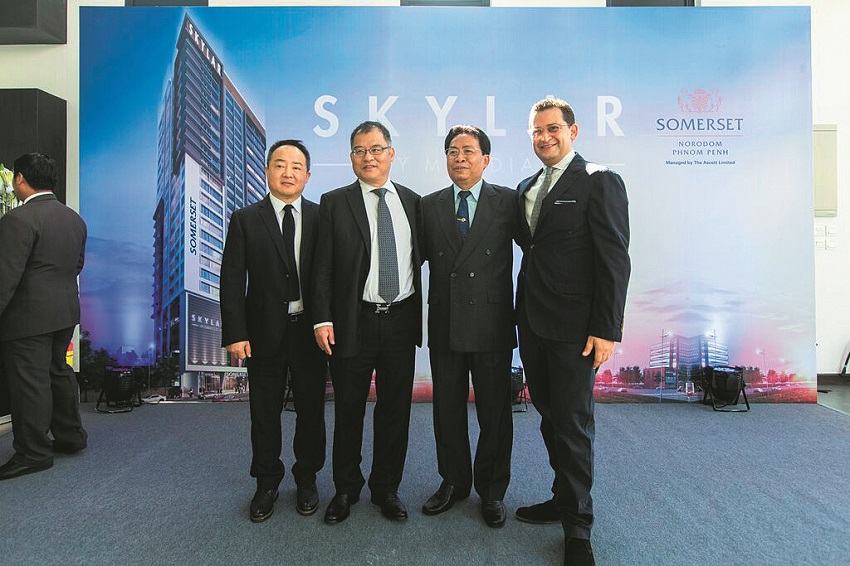
Wolf believes that the presence of Ascott Group differentiates Skylar Meridian from other developments in Phnom Penh’s real estate market. Meridian International is offering buyers of units under Somerset Norodom a rental guarantee of 40% over five years, plus another five years on projection.
There are two main factors driving the growth of the real estate market in Phom Penh, says Wolf.
“The first is that the city experienced years of under-investment that has led to substantial pent-up demand for better properties that offer more modern living standards and conveniences. The second factor is rapidly rising income,” he shares.
According to data from the Cambodia Socio-Economic Survey (CSES) 2014 by the National Institute of Statistic (NIS), the monthly disposable income of the wealthiest 20% of Phnom Penh’s residents rose 66% to average US$413 per capita in 2014 from US$248 per capita in 2012.
CSES also showed that there are about 369,000 households in Phnom Penh currently, up from 251,000 in 2009, which is an average annual growth rate of 8%. The survey noted that the urbanisation of Cambodia is expected to continue.
Other developers that have ventured into Cambodia include Singapore-based Oxley Holdings and Hongkong Land.
As for foreign buyers, Wolf says the demand is driven by affordability and the positive economic outlook. While the presence of Malaysian property investors in Cambodia is still limited, compared with more established markets like Singapore, Wolf believes the potential is there.
“The affordability of the most central locations, positive economic outlook and the potential for capital appreciation in an economy that is making a fundamental transition,” cites Wolf.
Like other Southeast Asian countries, non-citizens are not allowed to own raw land, but a law was passed in 2012 allowing foreigners to own condo units, says Wolf.
“So, buyers will have a hard title to their units. They won’t have to be concerned about the complex structures used in some countries to approximate ownership. Also, there are no restrictions on capital accounts, foreign currency can be freely taken in and out of the country,” says Wolf.
He says, buyers can expect rental yields of between 6% and 9%, depending on the location and type of condo. However, forecasting capital appreciation is more difficult, he adds.
“The underlying investment thesis of investing in an Asian capital city early, while real estate is affordable and while the city is recording impressive economic growth and integrating into the world economy, has played out in a positive way in many neighbouring countries. But, knowing the pace and magnitude of the capital appreciation requires a working crystal ball that, unfortunately, none of us possess!” says Wolf.
However, he notes that the rate of land price appreciation in Phnom Penh has been impressive and he thinks it would not be unreasonable to see completed residential units replicate some of that price appreciation.
According to Knight Frank’s Prime Asia Development Land Index 1H2015, Phnom Penh topped the list with prime residential and commercial land prices climbing by 14.1% and 9.7% respectively. Foreign investment continued to fuel strong performances in the residential sector.
“However, it should be noted that growth decelerated in the second quarter, suggesting that prices are peaking and the momentum will likely moderate in 2H2015,” says the report.
Nonetheless, Meridian International is confident of the future of the property market in Cambodia. Meridian International CEO Ko told The Phnom Penh Post in an interview recently that Cambodia’s property market reminds him of Hong Kong’s golden period in the 1980s.
“The Hong Kong property market was very hot in the 1980s. Investment in property could be very simple and profitable. People had to queue to buy property at that time, and they could easily resell to make quick money. As it was a fast way to make money, some people even hired triad societies to queue for them. Like back in the day in Hong Kong, Cambodia, and Phnom Penh in particular, are currently at a stage of transition.
“There is a need for condos as the worsening traffic problems limit people to choose to live near the centre of the city. Increasing land prices also raise the price for townhouses, which local people used to live in. Condos become more appealing, though the need may take some time to be revealed in the market as it is still a different concept of living,” Ko told The Phnom Penh Post.
“All property markets are best viewed as longer-term investments as they are long-lived assets that are impacted by cyclical factors such as availability and cost of financing,” concludes Wolf.
JLL Property Services (Malaysia) Sdn Bhd is holding an exhibition on Skylar Meridian on Nov 14 and 15 in Kuala Lumpur.
This story first in appeared in City & Country, the property pullout of The Edge Malaysia weekly, on Nov 9, 2015. Subscribe to The Edge Malaysia here.
TOP PICKS BY EDGEPROP
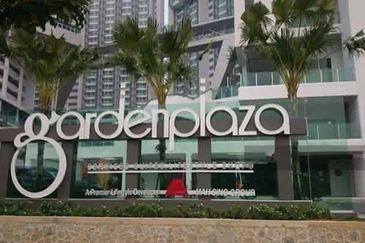
Oxford Tower @ Garden Plaza
Cyberjaya, Putrajaya
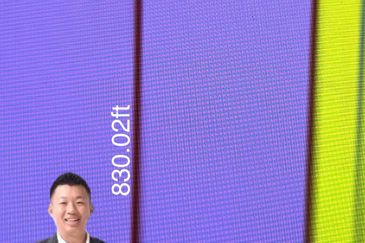
Telok Panglima Garang
Telok Panglima Garang, Selangor


